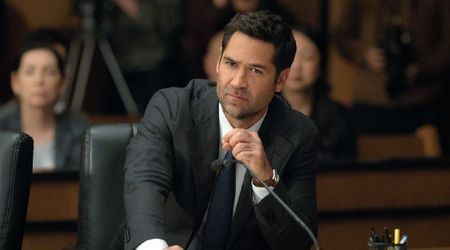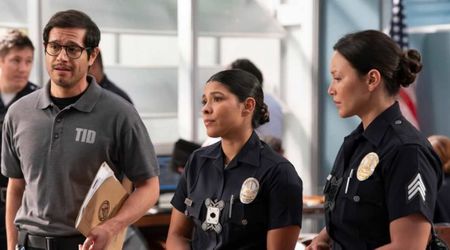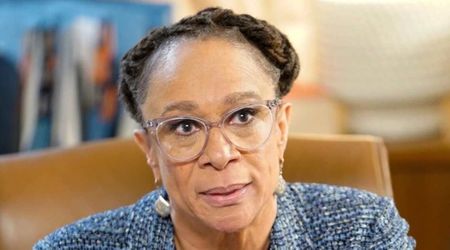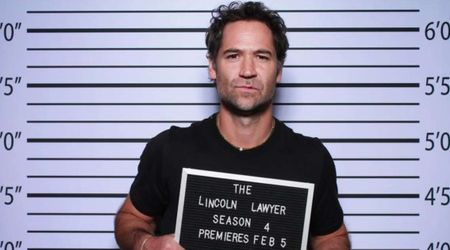'The Legend of Korra': Why fan complaints about the show's technological leap make no sense

One of the major changes that fans were upset with in regards to 'The Legend of Korra'(TLOK) is the vast technological advancement that was made in the years since 'Avatar: The Last Airbender' (ATLA). While the series seemed to be firmly set in more ancient times, as was more fitting of a fantasy setting, 'The Legend of Korra' is set in a time reminiscent of the 1920s. There are cars, radios, airplanes and even the invention of the movies - known on the show as "movers" - and as one Reddit user points out, there could be no other way.
On a 'The Last Airbender' forum, a Reddit user provided a detailed explanation as to why the technological leap made on 'The Legend of Korra' was a logical choice, providing both examples from the show as well as comparing it to real world parallels. They point out that even in 'Avatar: The Last Airbender,' the Fire Nation had begun its own version of an Industrial Revolution, with tanks, airships, steam-powered boats and other advancements spurred on by their need to create weapons of war. "I'm here to inform you that the Avatar world's timeline jumping from ATLA to TLOK works just fine, isn't too big of a jump and actually matches our own real-world timeline with advancements," they write.
The poster lines up the start of the Industrial Revolution with the end of 'Avatar: The Last Airbender.' "Let's line 1840 up with the end of ATLA, since it's clear that the Fire Nation has intensely industrialized," they write, providing clear examples of such using screenshots from the series. They then point out that 'The Legend of Korra' takes place 70 years after the events of the first series, which would put the series somewhere around 1910 - close enough to mirror the 1920s vibes the show often adopts. It's a necessary time span, as there can only be a new Avatar once the old one has died and the show seems dedicated to having given Aang a long and prosperous life. Given that Aang was around 10-12 years old during 'The Last Airbender,' he died somewhere in his 60s - which is still relatively early.
"Additionally, the Fire Nation was arguably much further along with their industrialization than we were in our industrial revolution," writes the Reddit user, adding, "So if we take all this into account, that means they were even closer to the advancements of the 1920s in their "1840" than we were in our 1840." This is not the first time that this argument has been made, as is evidenced by this video, but given Netflix's announcement that it would be releasing all episodes of Korra onto its streaming service, discussions about the show have been rising up again.
However, for some fans, a logical argument still doesn't satisfy their gripes with 'The Legend of Korra.' "And I will admit, I wasn’t a fan of the technological advancement not based on the fact that it’s unrealistic but because it takes a world where bending was very much the foundation of many aspects of life, including city structure, and almost makes it superfluous. Perhaps it would be unrealistic for there NOT to be as much advancement, but I wish there weren’t. In my opinion, it sucked out some of the magic I loved about Avatar’s world," writes one user.
One user argues vehemently against the idea that the Fire Nation's techonological advances would go toward benefitting the rest of world, even after the war writing, "The socio-economic post-war world would be so royally screwed that technology would be the last thing on these people's minds, and simply giving it to them wouldn't be enough to unify them. Then you've got all the kids indoctrinated into Fire Nation propaganda and so on and so forth." The argument is that the Fire Nation would not hand dangerous technology to a world that saw them as the enemy for over 100 years.
The rise to technological advancement was actually looked at more closely in the 'Avatar: The Last Airbender' graphic novels, which continued after the end of the show. 'The Rift' sees the early days of more widespread industrialization and sees Aang wrestle with the idea of progress and industry vs. spirituality and tradition - ultimately finding that there is room for both.
All episodes of 'The Legend of Korra' release on Netflix on August 14.










